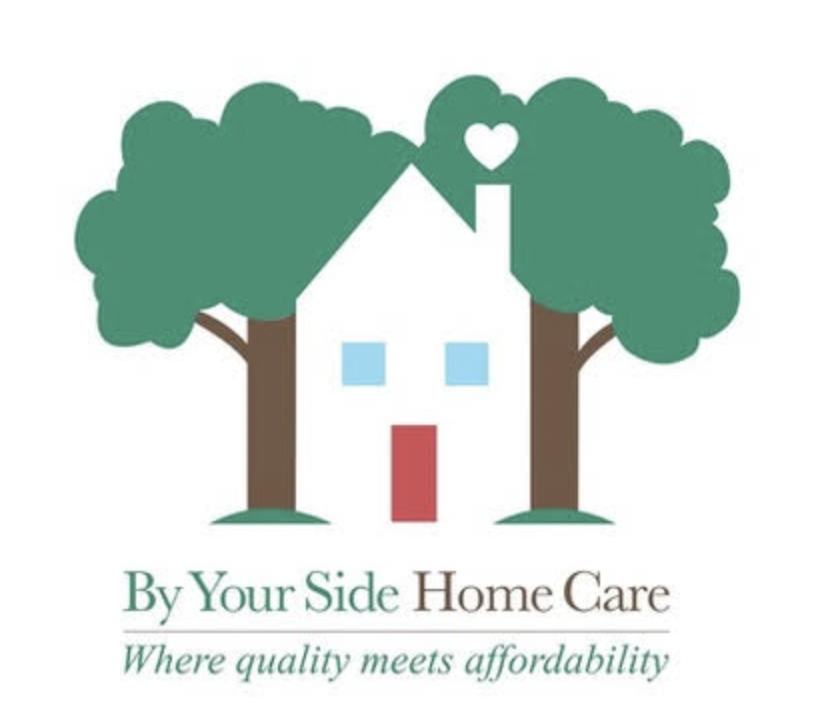The Benefits of Seniors Owning a Pet
There are many ways a senior can improve their quality of life. Participating in activities and hobbies that they enjoy. Exercising to keep their bodies in shape and stay mentally sharp. Forming social contacts to combat the loneliness that they may be experiencing.
Another option is becoming a pet owner. Pets offer companionship and caring for a pet can help a senior feel needed. The simple interactions of petting, brushing, and feeding animals can be calming and help seniors stay engaged with the world around them. Plus, the unconditional love and acceptance from a pet can help lower stress in times of difficulty.
What are the benefits of seniors owning pets?
Helps seniors stay physically healthy – Dogs, in particular, need regular exercise that can help seniors stay active. Even owning a cat, bird, or fish would require their owner to get up and move around to provide care. This activity can help lower the risk of cardiovascular disease by helping lower blood pressure.
Helps seniors stay socially connected – Owning a pet, especially a dog, gives seniors a reason to get out and connect with others. Walking their dog allows them an opportunity to interact with others in their neighborhood. Many communities have pet rescue centers that are oftenlooking for volunteers to help care for and interact with rescued animals. Some organizations, such as nursing homes and hospitals, allow pets to come in to cheer up patients. Pets are also a great conversation starter making it easier to talk to others.
Improves a senior’s emotional health – Owning a pet can help a senior feel needed and give them an incentive to get up and start the day. Owners are to be responsible for the pets’ needs and care. All pets need to be fed. Dogs need regular exercise and grooming. Many types of pets enjoy being petted and talked to, with some of them able to react to their owner’s emotions. This interaction can be of help to seniors staying calm during stressful times.
Types of pet for seniors
Dogs make excellent companions but, seniors should take into consideration their health and lifestyle which may affect their ability to care for a dog. Smaller breeds make a good choice for seniors but eventually, the choice will depend on the connection one feels with a particular dog.
Cats are low-maintenance pets that don’t require daily walking or constant attention. As long as cats have plenty of play time they can be happy living indoors. Some cats like to cuddle on their owner’s lap or sleep at their feet. Most cats can be content with just hanging out in the room with their owner.
Smaller pets such as fish or birds make great pets. Freshwater fish, with their movement and colors, are calming to watch and an easy-care pet. Birds require minimal clean-up and maintenance and offer relaxing background noise.
A senior animal makes a great choice for the elderly. They are calmer and past the young energetic stage which may require training and lots of exercise. Animal shelters often offer older pets adoption at a discount.
A couple of things to consider before getting a pet
Pets can be expensive. Rover.com puts the annual cost of caring for a dog at $650-$2,115. The American Society for the Prevention of Cruelty to Animals (ASPCA) puts the average annual cost of care at $634 for a cat. On a fixed income, this could become a hardship. The Humane Society lists state and national resources for pet owners who are having difficulty affording care for their pets.
Pets may outlive an older owner. On average, domesticated dogs live an average of 10 to 12 years and cats live 10 to 14 years, so there is the sad possibility that an older pet owner’s younger pet may outlive them. Or the pet owner may become hospitalized, or have to spend time in a short-term rehabilitation center, or eventually move to a long-term community or assisted living facility. It’s important to include pets in estate planning, especially selecting a caretaker for the pet, and possibly setting up a pet trust to cover the animal’s care.
Contact By Your Side to discuss the care your elderly loved one may need to live safe and content in their own home.

